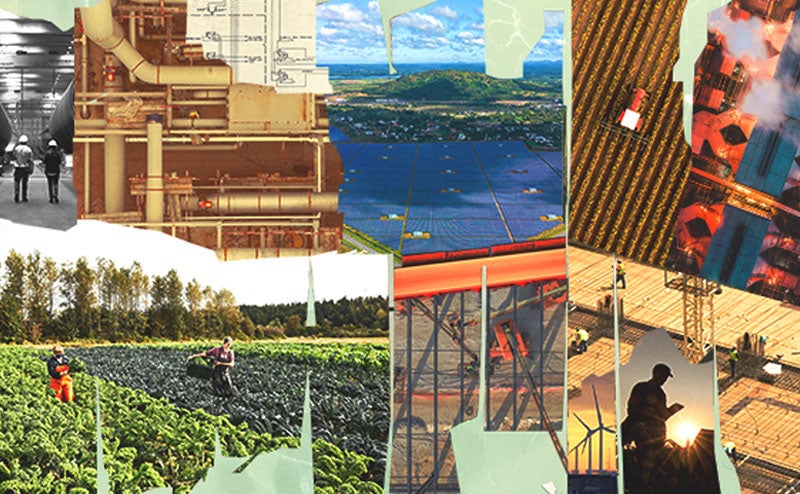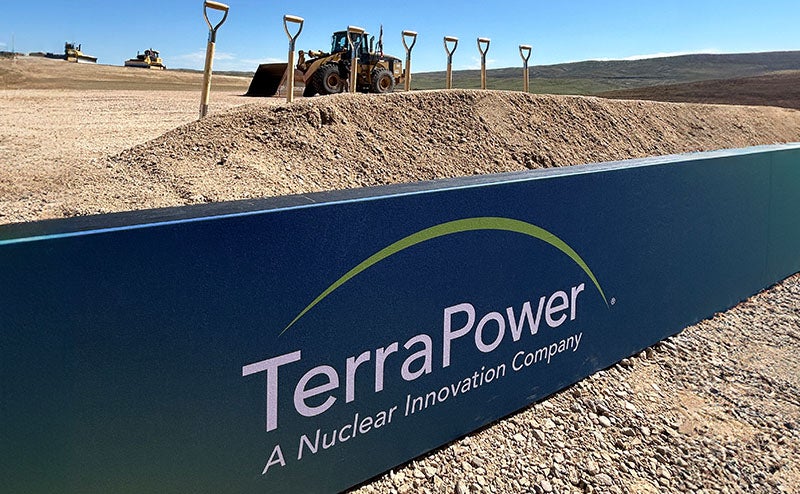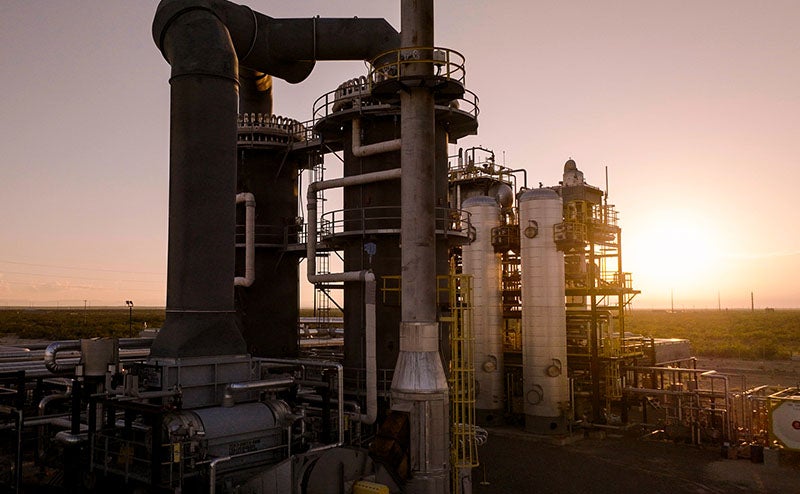TED 2010 was a great experience. Like last year, I was able to hear from and talk with many people who have introduced me to new things and have me excited to learn more about new areas I find interesting. I also return more passionate than ever for the work our foundation does.
Here are some of my favorites—which I’ll post links to as they get put onto the TED site. Nathan Myhrvold did a great job showing two projects his company, Intellectual Ventures, has been working on with the foundation. Michael Specter spoke on the importance of science and data to drive decision making, using GMOs as an example where science should inform the debate. Esther Duflo also presented a very thoughtful data-driven overview of how to judge the best way to encourage things like vaccines and malaria bed-nets.
I was really impressed with Jake Shimabukuro, a young ukulele player who is pretty famous on YouTube, but whom I’d never seen. He was pretty amazing. Elizabeth Pisani’s talk was also very good, about AIDS prevention. And Seth Berkley did a very strong presentation on vaccines.
Those are subjects I care a lot about, and was happy to see them get exposure at TED.
Likewise, just before my talk, Mike Feinberg and Dave Levin from KIPP talked about the need to improve education in the US. All of these will be worth your time, as well as lots of others from this year, and past TED conferences.
I spoke at TED about moving to zero-carbon energy, and our need to reduce CO2 emissions 80% by 2050. The talk was called Innovating to Zero and it just posted on the TED website today.
It’s the first time I’ve spoken in public on the topic, but I’ve been studying energy and climate change over the last couple of years, and have been lucky to meet fairly regularly with some of the leading scientists in the field.
In the presentation, I talked about the massive innovation effort needed to deliver “energy miracles,” breakthroughs that will make zero-carbon energy generation possible. There are many promising approaches which we need to continue pursuing aggressively: CCS, Nuclear, Wind, Solar PV and Solar Thermal – but they all have challenges that must be addressed. And the only way to get there is through innovation.
Only a significant increase in research R&D will get us to a place where we can meet that 2050 deadline, since it will probably take a generation of inventing, and then a generation to change over our existing infrastructure.
I come to these issues as someone who spends most of his time thinking about problems that touch the poorest 2 billion people on the planet. Giving people access to cheap (and clean) energy is a huge step in reducing poverty.
To drive home that point, at the end of the talk, I said that if I had only one wish, it would be for zero-carbon energy that is half the price of today’s. That would be quite an achievement, and would do massive good for the poor.
Some people reading about the talk have drawn an odd conclusion that I don’t care as much for vaccines or other efforts from our foundation as before. I hope when they see the talk, they’ll understand that isn’t the case at all. Luckily, we all have more than one wish to make the world a better place.




